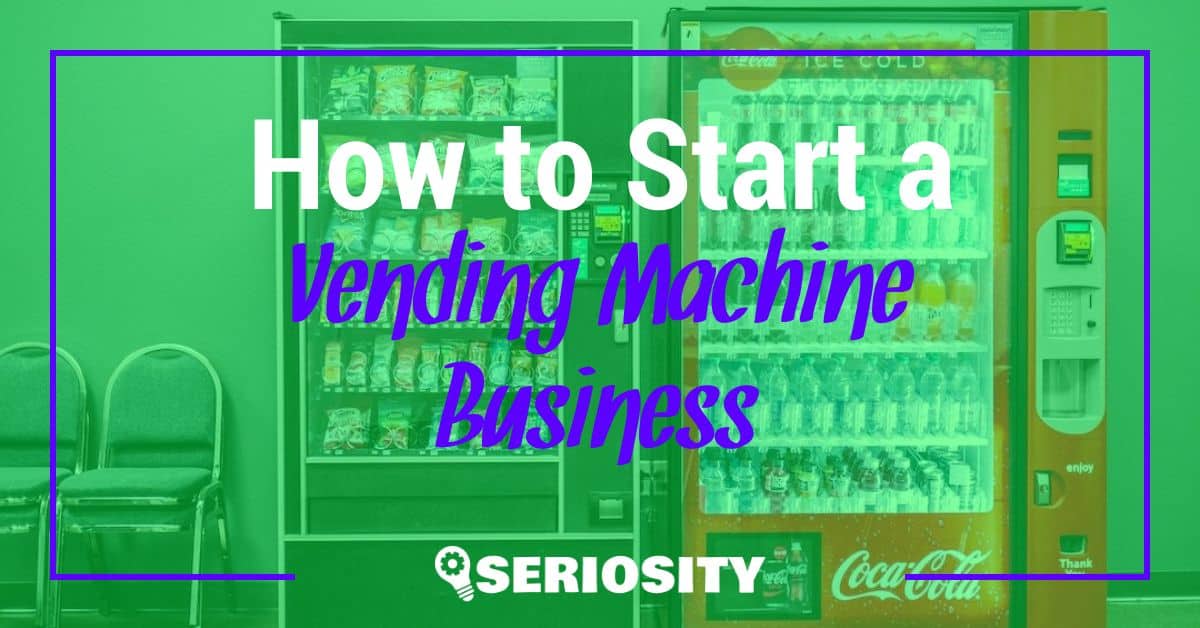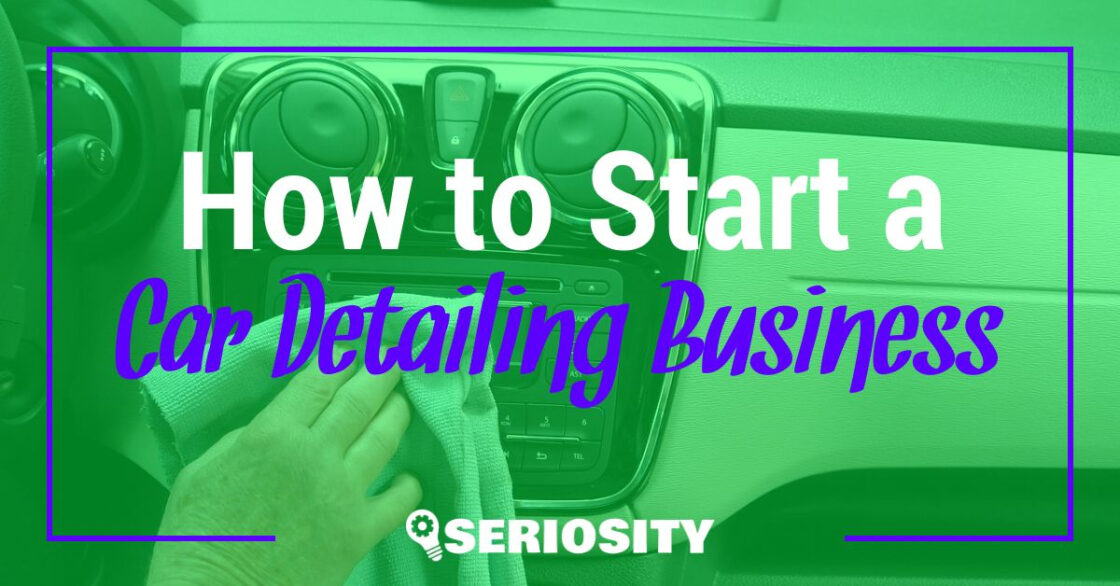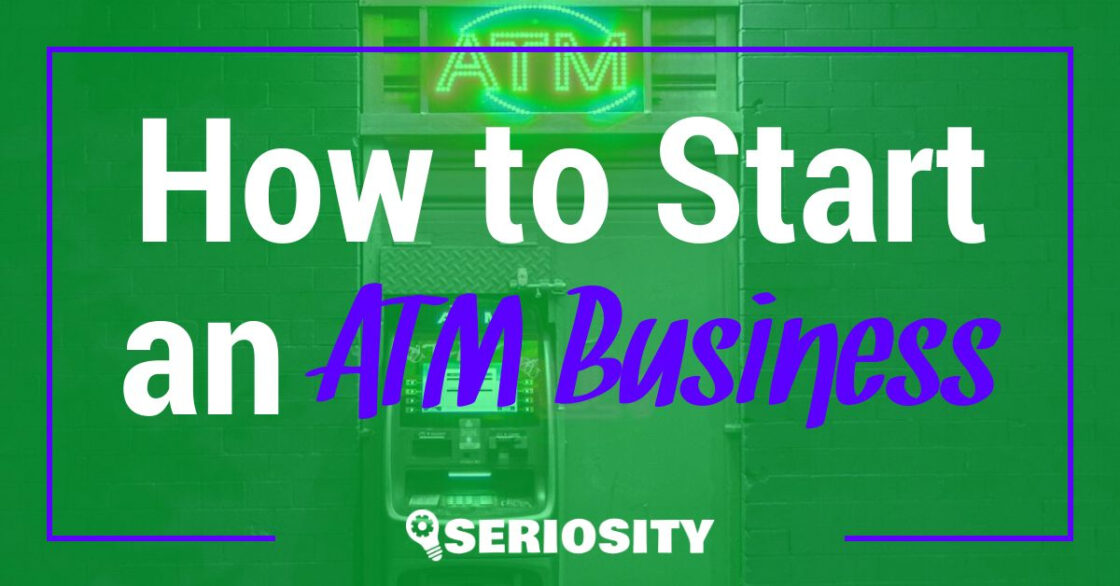If you’re looking for a form of passive income that doesn’t require daily interaction with customers, starting a vending machine business may be the perfect investment opportunity. While they’re not a new concept, vending machines are found in a number of locations and businesses. Those considering being a vending machine entrepreneur will want to read these tips for success before getting started.
5 Key Steps for Starting a Vending Machine Business
According to numerous research and market reports, global vending market sales are anticipated to reach $146.6 billion by 2027, which can potentially draw in millions in annual revenue for major owners and investors. This alone is a good enough reason to pursue getting involved in this business. Before making a decision, there are a few key things to think about and prepare for before making a go at it.
- Consider your vending machine options.
- Find the right vending location.
- Invest in one or more vending machines.
- Stock the machines with inventory.
- Explore financing options if needed.
Now let’s get more specific about these steps to get things moving forward in the right direction and to determine if a vending machine business is right for you.
1. Consider the Vending Machine Options
Depending on the location and demand for certain products where your machine will be placed, there are several types of vending options out there. Top choices sought out by consumers include food and beverages, bulk items and specialty goods.
Food & Cold Beverage Vending
Food and beverage dispensers are the biggest in demand concerning vending sales and accounted for 40% of all sales in the industry, according to Small Biz Genius. The sale of cold drinks like soda, water and juice are top sellers. The same report cites that in the year 2020, snacks brought in $1.2 billion, confections $900 million, and candy sales reached $1.2 billion.
Bulk Vending Machines
If you want to start out with smaller machines that require minimal capital and maintenance, you can’t go wrong with basic bulk vending machines. Think about those that stock kid’s toys, gum balls and other “prizes” that are affordable. Working with companies that specialize in bulk supplies can equate to greater income and reduced stocking costs.
Specialty & Upscale Vending
High-end vending machines don’t necessarily need to be filled with expensive goods, but if the location is receptive to upscale customers, specialty vending can be lucrative. Some upscale vending items include:
Hot Beverages: Fresh coffee or hot tea are often in demand. Carrying a major label brand like Starbucks can fuel buyers to your machine.
Upscale Retail Vending: Headphones, chargers, neck cushions and other essentials are popular in transit areas and other environments where people who “want/need it NOW” are willing to buy them from vending machines.
Auto Detailing & Laundry Products: These are ideal in laundry mats and car washes. Individually packaged items like detergent, dryer sheets, fabric softener is perfect for retail laundry businesses and multi-unit housing with shared washers and dryers. Car washes routinely sell tire shine sprays, window wipes, towelettes, air fresheners and more.
2. Finding the Right Location for Your Vending Market
Once the type of industry you’re most interested in has been decided, it’s time to locate a place that needs those services. Consider the location where you’d feel the need to use the products you’re selling. For example, a food and drink vending machine might not see many customers near a restaurant, but it might flourish in an office park or retail strip mall. Some location ideas include:
- Hospitals & Medical Centers
- Schools
- Grocery Stores
- Shopping Malls
- Airports & Transit Stations
- Laundromats
- Apartment Complexes
- Office Buildings & Manufacturing Plants
Before getting too settled on a specific location, you’ll need to talk to the owner or proprietor of the property or space before hauling in a vending machine.
3. Find and Secure Your Vending Equipment
There are both local and national suppliers of vending machines that provide equipment. Prices will depend on whether the unit is new or used, and of course, the size and operational functionality will affect price points.
The three primary sellers of vending machines include wholesalers and manufacturers, secondary market sellers and consumer-to-consumer platforms like eBay. Where the machine comes from, its condition and how technologically advanced it is will add to your start-up costs along with the initial inventory.
4. Explore Financing Options
While starting up a vending machine business doesn’t require as much initial capital as the average small business does, high-tech and temperature-controlled machines can cost a few thousand dollars to purchase. According to research from Business & New Earning solutions, the average cost for a new vending machine ranges between $3000 and $7000.
However, more advanced machines that take credit cards and have advanced app technology can cost well over $10,000 as an initial investment. Those who might need a loan to buy one or more machines can explore their options for financing, which predominantly include short-term and long-term loans.
Short-Term Loans
If you are a current or former business owner and have the credit-worthiness to show to a seller, they might approve you for a short-term loan. This means the lender deposits financial backing for your loan along with interest over a set amount of time. Because this is a small business loan, a lender will need to approve your financials prior to extending you a vending machine loan.
Long-Term Equipment Financing
When starting up a multiple-machine business or considering a high-end piece of equipment or inventory, you may need to obtain a long-term loan to get started. The process is a bit more involved than getting a short-term loan, so be prepared with your business plan and financial information that indicates your need for capital along with your ability to repay it.
5. Stock Your Inventory and Set Up the Machine
Once you’ve secured a vending machine and have a location contract in place, you’re ready to get it stocked with the products you are going to sell. Keep in mind your local audience and site-specific needs when choosing items. The size and shapes of the drinks and products will vary depending on the machine’s capabilities. The biggest thing to consider is not overstocking initially, so you can adjust what you offer based on demand.
The Pros and Cons of Operating a Vending Machine Business
If you are willing to spend the time and money investing in starting this type of business, you can turn a profit in a short amount of time. Yet, as with any other investment, there are advantages and disadvantages to consider.
The Advantages of Vending Machine Ownership
Scalability: Starting off with a few machines (or even one) can lead to greater investments in the industry should you become successful in connecting with the right market and location.
The Choice is Yours: There are all types of vending machines that offer convenient products of all natures. With options ranging from snack items to gourmet or nature-based goods, what you choose to sell can be something you also love or are passionate about.
Low Overhead Costs: Running a vending machine business generally requires little overhead costs beyond stocking supplies and repaying loans. There’s no need to pay rent for the space or compensate employees in most situations.
Disadvantages of Vending Machine Businesses
Theft and Vandalism: Some areas and secluded locations may make vending machines easy targets for thieves and vandals. Try to make certain that your machines are located in safe and secure areas to avoid profit losses.
Time Commitment: While it’s more of a passive business for many, operating vending machines do require some time and energy. Restocking, servicing and the collection of money along with some type of financial accountancy will need to be prioritized to enjoy greater success.





